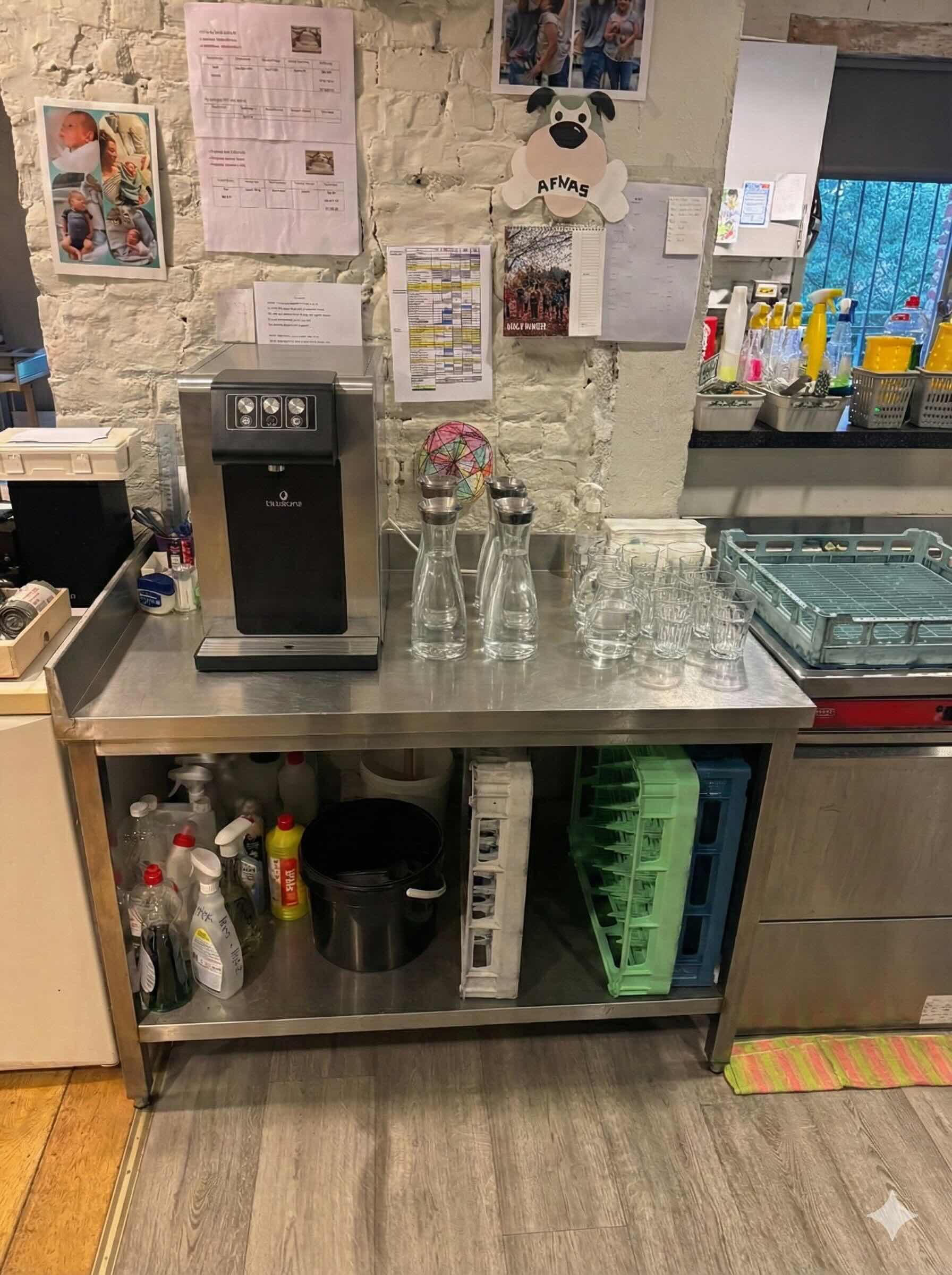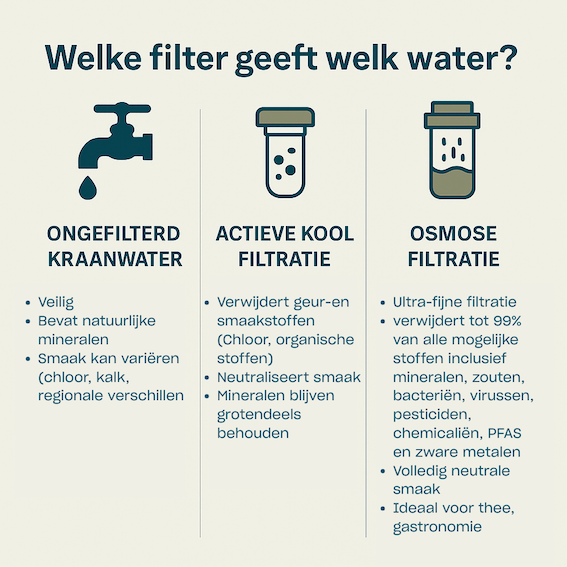The way of our water
Marjolein Vanoppen is a bioengineer with a mission. As a water researcher at Ghent University, she specializes in drinking water. The author of the book “Weg van Water” was therefore the perfect first guest for a series of ROBI podcasts about water. From this, we can already distil the most important facts.
The eternal water
A first surprising fact: we drink the same water today as our ancestors did many thousands of years ago. This is due to the hydrological cycle. All the water on Earth has been on our planet since its formation. Water is never added, water never goes away. With the big advantage: we don't use water, it always ends up in that cycle again.
The water in the oceans evaporates through the sun and forms clouds. They move and end up on land as rain, snow or hail. It sometimes stays there for a very short time (when it flows back to the sea via streams and rivers) or just for a very long time (as groundwater or in a glacier). But one day, all that water will return to the oceans and the cycle will restart.

And yet water scarcity?
So there is enough water on Earth, but unfortunately 97% of it is salt water. Converting that into fresh water - so that it becomes drinkable - costs a lot of energy and has a major ecological impact. Moreover, fresh water is not distributed evenly across our planet. In any case, there is little land and surface water available in dry regions.
The demanding living standards of part of the world's population, together with climate change, are causing water stress in some areas. In Belgium, for example, it rains on average as much as before. But because that amount of rain falls at an increasingly short time, the soil cannot retain all that water sufficiently. This sometimes leads to floods, while at other times it is too dry. So we need to retain the water better to get through potential long dry periods.
Drinking water in Belgium
We think it's normal that perfectly potable water always comes from the tap everywhere in Belgium. But is that what it is? What path does that water have to take to eventually flow out of our kitchen faucet? The first drinking water pipes in Belgium were built at the end of the 19th century among the wealthier classes in the cities. Ordinary people had to make do with well water and - tastier but, above all, safer - low-alcohol beer. It was only since the 20th century that drinking water was seen as a right for everyone. From then on, water pipes were gradually built everywhere. However, even today, homes are not connected to the public water network.

The quality of tap water
Drinking water is considered a food product in Belgium and must comply with strict legislation. The tap water is therefore of high quality and perfectly safe. Depending on the region, our tap water comes from groundwater or surface water such as the Albert Canal. As a result, the tap water in Ghent tastes different from that of Mechelen or Hasselt. Each drinking water company has its own expertise and treatment process. But everywhere, it is permanently monitored according to strict standards. And isn't it just an advantage that each water has its own taste, just like good wine? One more reason for Robi to convince even more people to switch from bottled water to tap water as drinking water.
Sante!
Do you also have a water tap in your organization?
A water tap in your organization is not only sustainable, but also saves you a lot of work, space and money. Find the ideal solution for your organization via our online configurator.
Configure your water tap
.png)

.png)
